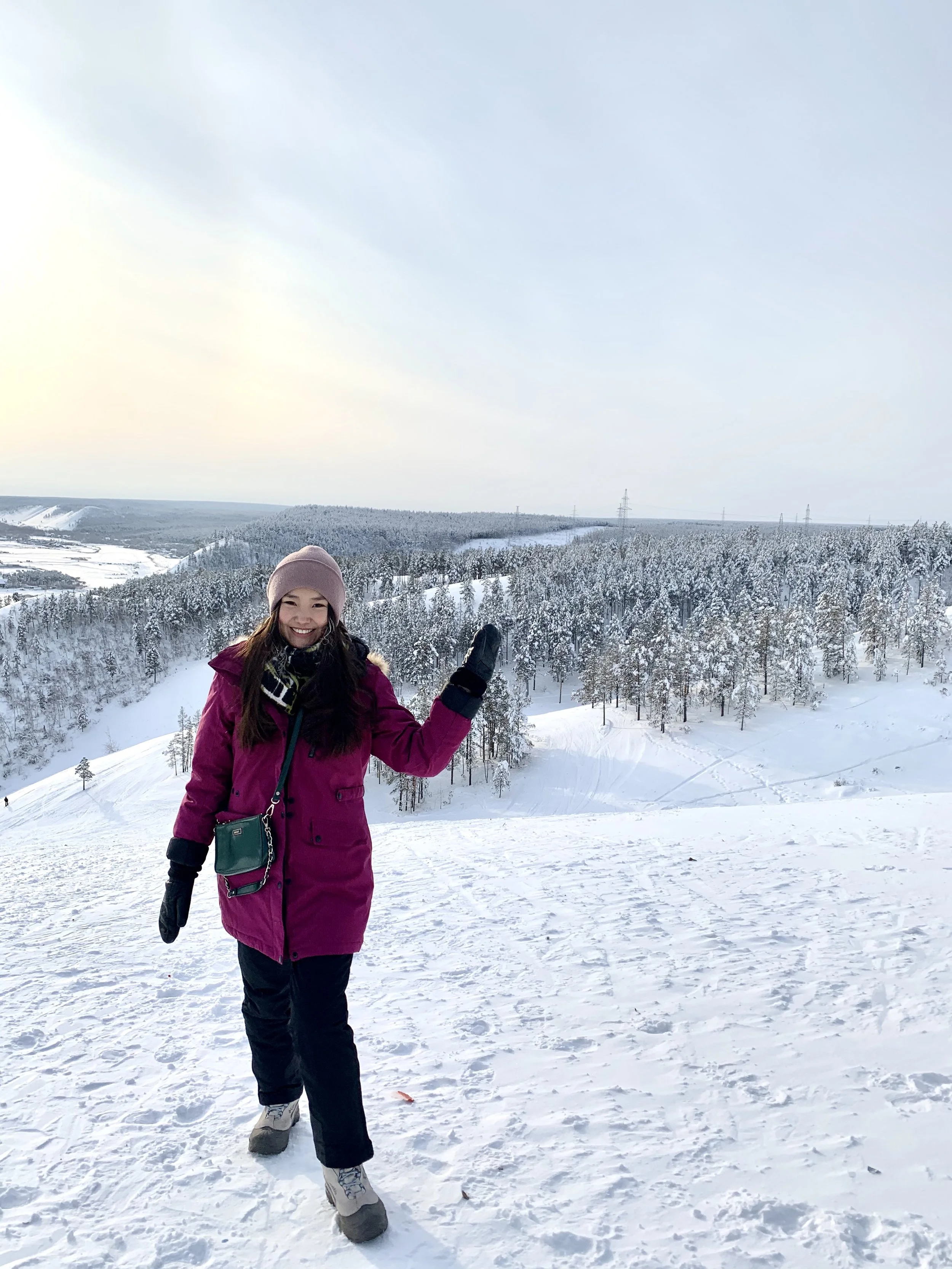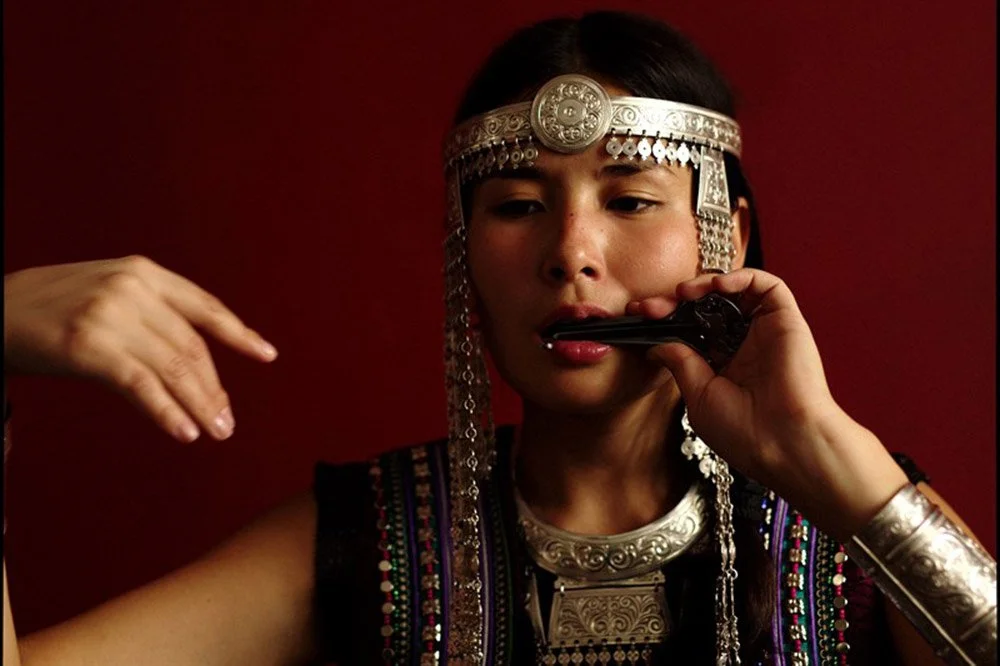The History, Culture and Traditions of Yakutia
Yakutia… the place where I was born and grew up. The land full of natural contrasts: authentic culture, extreme and severe climate where ancient traditions and crafts still survive.
And Yakutia is not only the coldest place in the world but also, the place with unique and rich culture! Let me tell you why...
Where Yakutia is located?
Yakutia is a republic of Russia, situated in the Russian Far East. It’s the largest region of the Russian Federation with an area of 3 million square kilometers, almost the same as the territory of India.
The Origin of Yakut People
I was born and grew up in Yakutsk, I’m a native Yakutian and we are the largest ethnic groups in Siberia. Yakutian people have been living in Yakutia’s territories for many centuries. The ancestors of Yakut people were Kurykans who were a Turkic tribe, that inhabited the Lake Baikal area near the Mongol border in the 6th century. Afterwards they migrated to the area near Lena river under the pressure of the rising Mongols. The Russians colonised and incorporated the area as Yakutsk Oblast only in the early-mid 17th century.
Yakut language
Me and almost all of Yakut people speak the Sakha language as our mother tongue. Yakut language belongs to Turkic group. Yakut has been geographically isolated from other Turkic languages for many centuries, the language has undergone numerous sound changes that distinguish it from other Turkic languages. It also has a group of dialects, but Yakut dialects are quite similar, so that speakers of different varieties can easily understand each other.
Faith
We live in a full harmony with nature. The everyday religiosity concentrated mainly in the existence of shamans and spirits in animals, trees, rivers and streams, hills, valleys and fire.
We also worship the spirits and always a request for a blessing by feeding with pancakes, horsehair, koumiss – a traditional drink made from mare’s milk.
As with other Siberian peoples, Yakut shamans combine medical and spiritual practice.
Yakutian festivals
Once a year in late June, we celebrate a festival called Ysyakh which takes place in every settlement across Yakutia in honour of the gods and the rebirth of nature after the long winter.
The festival last for two days, where locals doing some special rituals, worship the sun, gather together, drinking traditional drink kumis, having horseback riding, sport games, and dancing.
Yakut clothes, jewelry and arts
Since ancient times, we adapted well to our seasonal extremes. Winter temperatures regularly goes down to -50°C, making it the coldest inhabited place on earth. And Yakutian traditional clothing is one of the cultural element that has allowed us to survive the harsh climate.
For centuries Yakut people have weathered their climate by wearing clothing made from sustainably and humanely sourced animal-derived materials. Traditionally, clothing functioned not only to protect the body from the weather, but also to protect the soul from evil spirits. Jewelry and detailed embroidery work acted as talismans.
Music
The khomus melody reflects the unique national culture of Yakutia. The Yakut shamans often start their rituals with the horse roaring imitation. They say that long lasting low khomus reed vibrations lead the performer the way to the spiritual world. Moreover almost all cultural and spectacular events in the Republic, including the Ysyakh holiday, start with the charming khomus sounds, celebrating the beauty of the vast Olonkho Land, the glory of nature and the triumph of life.
Economy
Despite the harsh climate, Yakutia is rich with it’s natural resources like diamonds, gold, oil, natural gas, and so on. 99 % of Russia's diamond production and one-fourth of the world's, are located in Yakutia. The traditional occupations of the native people are cattle, horse, and hunting. Yakut people also engaged in the fur trade, selling luxuries like silver and gold jewelry, carved bone, ivory, and wood crafts.






